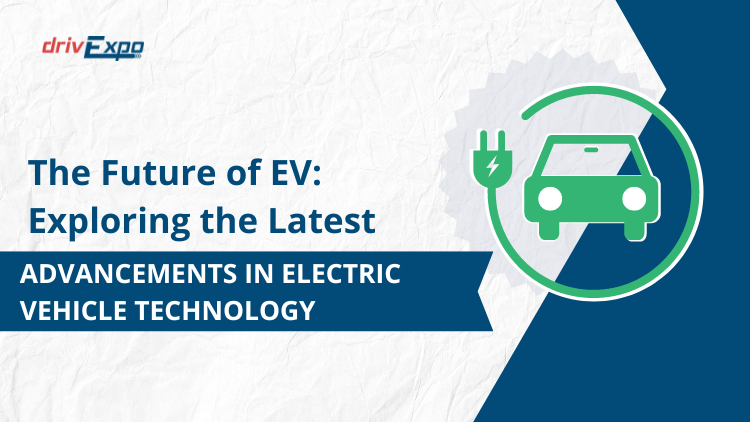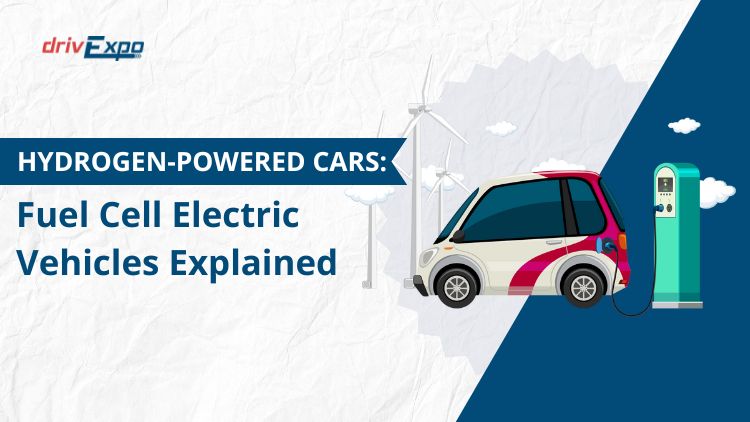The electric vehicle revolution is at its peak. The demand for all-electric cars is booming, similar to Normal cars.
According to the demand for electric cars, we can predict the Future of EVs that the marketing of is more than normal cars.
Table of Contents
The big hand behind this is vehicle model refinement and the rapid charging concept.
As per the International Energy Agency (IEA), about 10 million electric cars were sold this year globally. This figure could grow to 14 percent at the beginning of 2024 as per the expectation.
Talking about India, the electric vehicle industry in India will produce a 94.4% compound annual growth rate till 2030.
Here, we will unlock all the information and future of EVs.
What is an Electric Vehicle?
An Electric Vehicle is a vehicle that runs on an electric battery instead of consuming petrol/diesel.
It has no internal combustion engine. It is a great alternative for pollution control, saving natural resources, and environmental safety.
Moreover, it is a one-time investment. So one can save on expenses associated with fuel.
Type of Electric Vehicles:
- Hybrid electric vehicles (HEVs): The HEVs combine a gas-powered engine with one (or more) electric motors. It collects energy through regenerative braking.
- Plug in Hybrid Electric Vehicles: These types of vehicles can be plugged in to charge.
- Battery Electric Vehicles (BEVs): It is also known as an all-electric car. It needs to be plugged in to get recharged.
Why choose an Electric Vehicle?
Low maintenance:
Electric vehicles do not require much maintenance as compared to petrol/diesel.
Thus, it saves maintenance expenses and provides financial help to the owner.
There is no requirement for oil changes in EVs.
Safe for the Environment:
Global warming is a worldwide big issue. However, EVs are a good solution to control it because it generates less pollution than ICE cars.
It also has a positive impact on an individual who considerably faces health issues from pollution.
Thus, the future of electric cars can positively impact the environment.
No need to switch gears:
EV comes with a functional automatic transmission and lacks a conventional gearbox.
Hence, the operator doesn’t need to change gears.
This gives a smooth driving experience even on high-traffic roads.
Tax benefits:
Tax saving is another advantage point in the list.
You can avail a 40% depreciation in the first year to save on income tax.
Moreover, there is an EV policy that introduces additional benefits of up to Rs.1.5 lakh.
Some challenges in Electric Vehicle:
- Ensuring battery durability while reducing cost.
- Charging stations are not available everywhere as compared to fuel stations.
- There is a high cost due to batteries in EV vehicles.
- Consumers are still unaware of the maintenance of EVs.
- Ensuring an ethical supply chain while meeting the demand is also a challenge.
The future of electric cars:
Charging infrastructure:
The increasing demands of EV cars force Engineers to introduce a more efficient charging infrastructure.
There are lots of improvements brought in charging infrastructure at present. So, it will benefit the consumer in the coming time.
The establishment of public charging stations will be a new revolution.
The fast charging concept will save users time.
Also, it will cut down the expenditure applied to the fuel consumption.
Battery Technology:
The battery is a crucial part of any EV.
The advancement in battery technology will be a cherry on the cake.
It will be a significant advancement in the industry.
The recent shift is solid-state batteries that enhance efficiency compared to lithium-ion batteries.
Also, it is safe because there is a liquid electrolyte-free composition.
Drivers could cover more distance with a single charge.
The current price of Electric Vehicles is high. But we could expect a significant cost reduction with battery advancement.
This will also lead to a bright future of EVs.
Increased accessibility:
As prices drop, there will be more buyers in the market. Its accessibility will be identical to conventional vehicles.
The EV industry will avail enhanced accessibility in the future.
Career advancement:
The future of electric cars will also impact job opportunities.
Electric Vehicle technology has significantly brought new opportunities for job seekers.
Technical professionals are incorporating their skills in clean vehicle technologies and charging stations.
Expansion of utilities:
Utility sectors also contribute to the electric car development and growth.
There are many dedicated programs to set up a charging station infrastructure.
It offers technical guidance, infrastructure and essential resources.
Consumer influence on the electric car future:
Cost and affordability:
Consumers who show interest in investing in EVs will impact the production capital. The increasing demand will significantly reduce the cost. On the other hand, the government incentives are also putting efforts to make EVs affordable. Thus, there is a clear picture of the electric vehicle future in a positive frame.
Demand and purchase patterns:
The demand for EVs will directly impact their development and advancement of it.
It will compel manufacturers to put advanced concepts to provide the best in the market.
Word of mouth:
Word of mouth has the power to boost marketing. Any positive experience of a consumer will directly influence others’ decisions.
Hence, the recommendation will bring a wider adoption of EVs.
Conclusion
The future of electric cars is quite optimistic. Manufacturers are trying to bring new growth in electric cars and other vehicles. For now, we can expect that the consumers will gain many innovations in the product. Electric transportation will be the future that helps to improve the air quality.
FAQ
1. How does an Electric Vehicle work?
There are one or more electric motors that are powered by rechargeable batteries in place of internal combustion engines.
2. Do electric cars emit less pollution?
Yes, electric cars emit less pollution as compared to conventional vehicles. There is no noise or tailpipe emission associated with electric vehicles.
3. Are Electric Vehicles safe?
Yes, electric vehicles promise safety as they undergo a proper testing method before launching into the market. EV vehicles promise safety
4. How long does it take to charge an electric vehicle?
The charging time always depends on the charger type and battery capacity. The level 1 charger can take several hours. The level 2 chargers take a few hours. The DC fast chargers can charge to 80% in 30 minutes.


